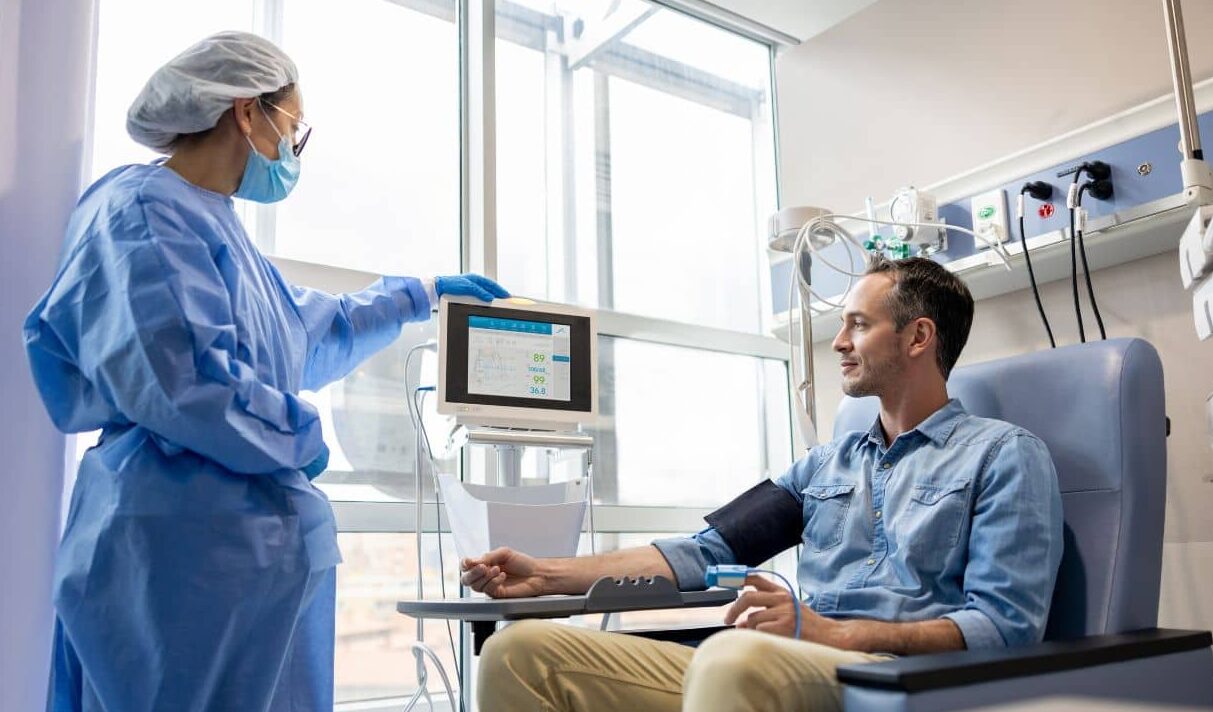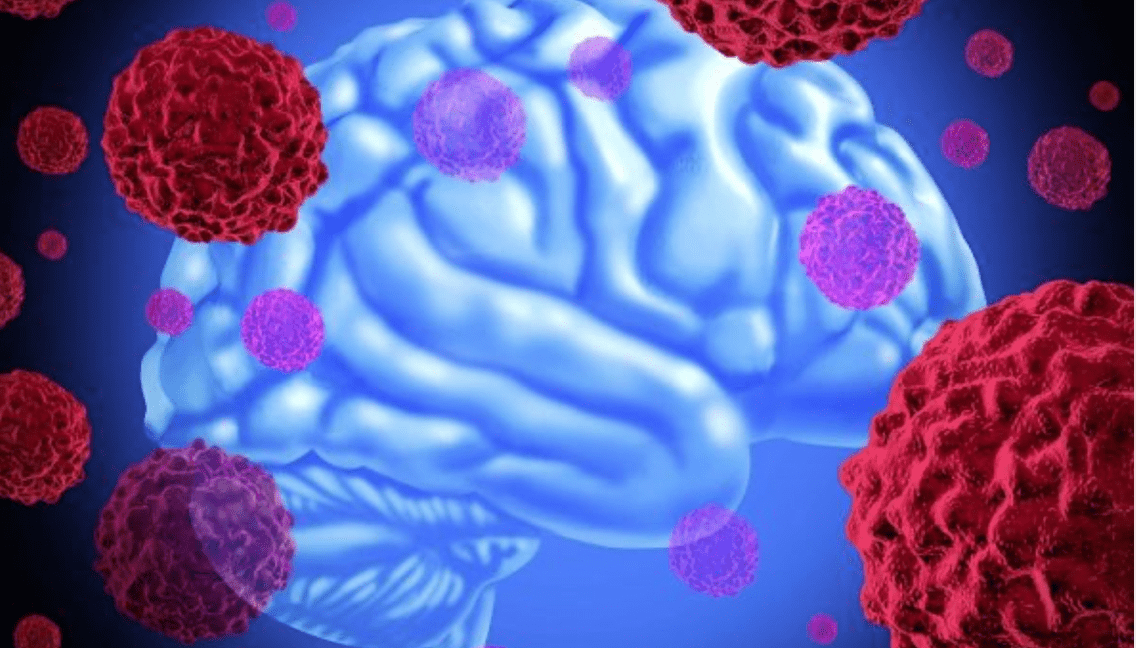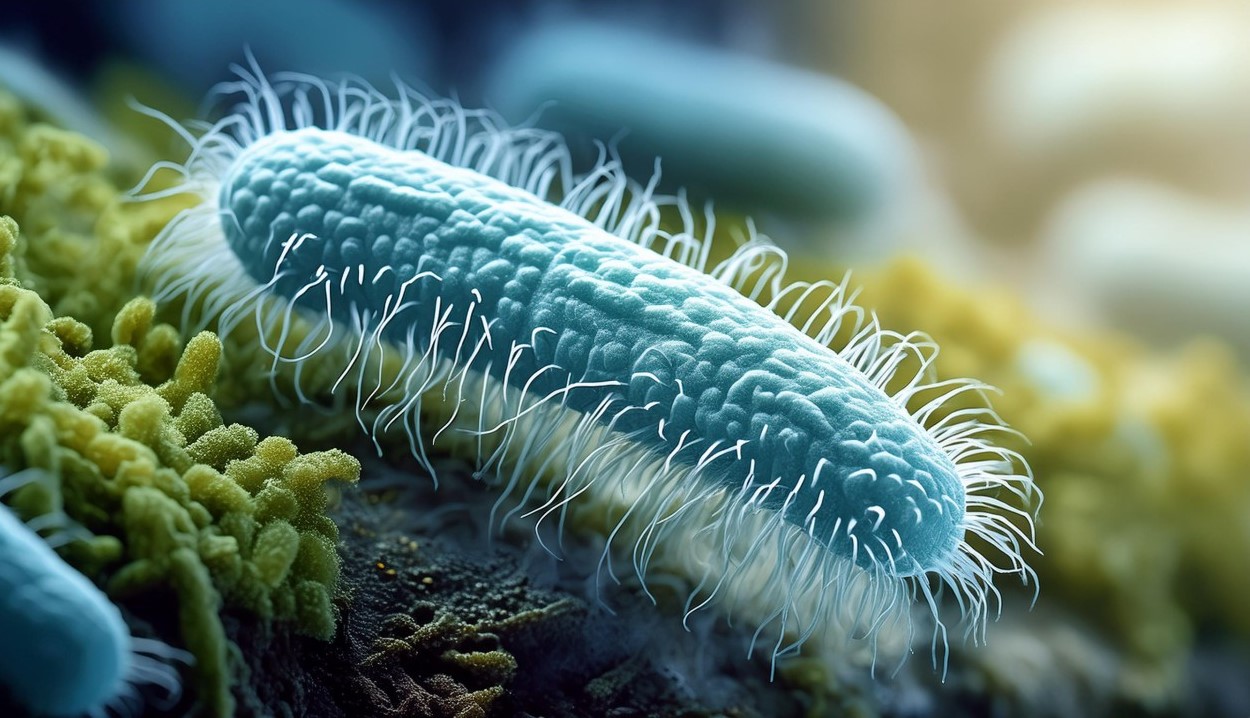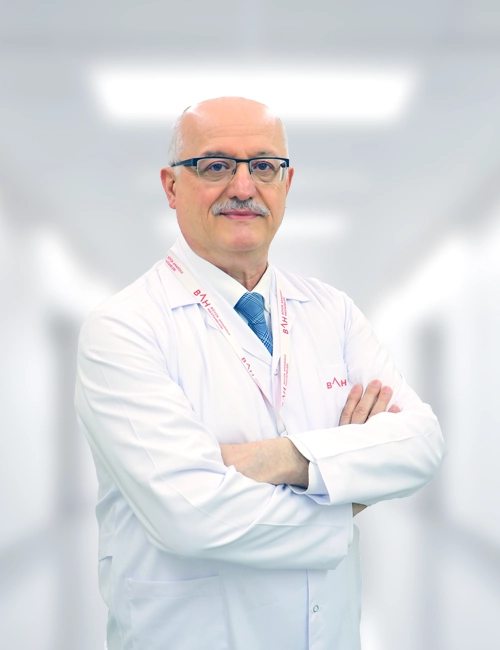-
 News
When glucose levels are low, chemotherapy ceases to affect cancer cells
News
When glucose levels are low, chemotherapy ceases to affect cancer cells
-
 News
Excessive treatment of prostate cancer in older men may reduce quality of life without increasing its duration
News
Excessive treatment of prostate cancer in older men may reduce quality of life without increasing its duration
-
 News
Brain cancer can be cured by viruses
News
Brain cancer can be cured by viruses
-
 News
Ways to reduce lymphatic pain in breast cancer have been found
News
Ways to reduce lymphatic pain in breast cancer have been found
-
 News
Scientists have turned bacteria into a powerful weapon against cancer
News
Scientists have turned bacteria into a powerful weapon against cancer
All news
Urology clinics in Turkey
Urology is one of the most common medical tourism destinations in Turkey. Qualified doctors of Turkey use advanced technologies for high-precision diagnostics and low-traumatic treatment of urological diseases.
Treatment methods for diseases in Turkey comply with the international standards NCCN (National Comprehensive Cancer Network) and ESMO (European Society for Medical Oncology).
Turkey ranks first in the number of JCI accredited clinics. JCI certificates confirm the compliance of clinics with high international standards of service quality.
MedTour patients recommend clinics for the treatment of urological in Turkey:
Doctors for the treatment of urology in Turkey
Frequently Asked Questions
- Kidney cancer;
- Testicular cancer;
- Prostate cancer;
- Prostate adenoma;
- Bladder cancer;
- Urolithiasis disease;
- Cystitis;
- Prostatitis;
- Varicocele;
- Polycystic kidney disease;
- Impaired urination;
- Congenital malformations of the organs of the genitourinary system.
- Blood test for PSA (prostate-specific antigen) – early diagnosis of prostate cancer;
- Ultrasound scan with color Doppler scanning, volumetric scanning, 3D, 4D modes;
- Scintigraphy;
- Urography;
- Ureteroscopy – endoscopic examination of the urethra;
- Cystoscopy – endoscopic examination of the bladder;
- CT, PET-CT with contrast enhancement;
- Magnetic resonance imaging with a 3 tesla tomograph;
- Biopsy under the supervision of ultrasound and MRI.
- Robotic operation with a Da Vinci robot;
- Operations using the Gamma Knife, CyberKnife;
- TUR (transurethral resection);
- HIFU therapy (ultrasound ablation);
- Cryosurgery (cryoablation);
- Radiation therapy, chemotherapy;
- Targeted therapy.
- Treatment is 30-40% cheaper in comparison with clinics in Europe and the USA;
- Diagnostics and treatment according to modern American and European protocols;
- The use of original certified drugs manufactured in Turkey and the USA;
- The predominant use of innovative robotic surgery by the Da Vinci robot and low-trauma methods;
- Interdisciplinary approach to treatment;
- Individual treatment planning for each patient;
- Highly qualified doctors;
- High standards of service quality, confirmed by JCI certificates.
Leave a request on the MedTour platform. Our coordinating doctor will contact you to select a Turkish clinic and a doctor.
MedTour will help in organizing transfers, air travel, visas, accommodation near the clinic.
All MedTour services are free. Payment is made at the clinic’s cash desk.
The total cost will depend on the choice of the clinic, the doctor, as well as the prescribed diagnostic methods and method of treatment.
Approximate prices for procedures and surgery in Turkish clinics:
- Kidney transplant – $20 000;
- Operation by a Da Vinci robot – $14 000;
- Removal of the bladder – $10 000;
- Surgery for prostate cancer – $9 000;
- Transurethral resection of the prostate – $7 500;
- PET-CT with contrast – $2 000;
- CT angiography – $1 000;
- Scintigraphy – $400.
Modern methods of diagnosis and treatment of urological diseases in leading clinics in Turkey
Doctors of Turkish clinics use modern methods and advanced technologies to make an accurate diagnosis and select an effective treatment. Turkish doctors carry out therapy according to American and European protocols.
More effective drugs of the latest generation are available in Turkey, which have fewer side effects. Most of these drugs are not available in the CIS countries.
Diagnostics of urological diseases
PSA test
PSA (Prostate Specific Antigen) is a protein that is produced in the prostate.
A PSA blood test is designed to detect prostate cancer even before it causes symptoms. In patients with prostate cancer, PSA levels are usually elevated.
Transrectal ultrasound of the prostate (TRUS)
Ultrasound is one of the main diagnostic methods in urology.
When performing a transrectal ultrasound, the doctor inserts a probe into the rectum, examining the prostate gland, seminal vesicles, urethra and surrounding tissues.
With the help of TRUS, an experienced physician evaluates the size, shape and internal structure of the prostate, changes in which may indicate disease.
Transrectal ultrasound of the prostate is painless. Doctors use this diagnostic technique with a prostate biopsy to monitor tissue removal.
Scintigraphy
Scintigraphy is an examination that is performed for various diseases of the urinary system.
During scintigraphy, the doctor injects a small amount of a radioactive substance into the patient’s body. After that, using a special gamma camera, the process of distribution of this substance in organs and tissues is illustrated.
Radioactive substances accumulate in certain organs or are excreted through the kidneys. There are two types of scintigraphy:
- Static scintigraphy – performed 2 hours after the introduction of a radioactive substance. The doctor determines the shape, structure and size of the kidneys, their location, renal blood flow.
- Dynamic scintigraphy – examination begins immediately after the introduction of a radioactive substance into the patient’s body. The aim of the method is to assess the functional capabilities of the kidneys from the moment the radioactive substance enters the kidneys to the moment the substance is excreted into the bladder.
Urography
Urography is an X-ray diagnosis of the urinary tract using a radiopaque contrast agent. There are such types of urography:
- Excretory urography (injection of contrast medium through a vein) – the kidneys and lower urinary tract are visualized. The method allows doctors to determine the features of the structure and function of the bladder, urethra, kidneys, pelvis, ureters.
- Retrograde urography (injection of contrast medium through a catheter) – doctors use this method when contrast-enhanced CT and MRI are contraindicated. General anesthesia is required for retrograde urography.
Ureteroscopy
Ureteroscopy is an endoscopic examination of the urethra. The doctor uses a special instrument with a camera – a ureteroscope to identify pathology.
With the help of ureteroscopy, doctors in Turkish clinics identify such urological diseases: tumors and cysts of the urinary system, urolithiasis, urethral strictures, stress urinary incontinence, etc.
CT, PET-CT and MRI with contrast
Doctors in Turkish clinics use the latest CT and MRI equipment. This allows doctors to assess the condition of the organs of the urinary system.
PET-CT is used by Turkish doctors to diagnose tumors in the early stages of development. Modern devices visualize the smallest structures up to 5 mm in size.
Biopsy under the supervision of ultrasound and MRI
Biopsy is a method of diagnosing tissue under a microscope. The doctor will take several tissue samples with the help of special instruments under the supervision of an ultrasound or MRI. A biopsy is required to make a diagnosis of cancer.
Treatment of urological diseases
Surgery with a Da Vinci robot
Benefits of Da Vinci robotic surgery:
- Minimal risk of postoperative complications;
- Fast recovery period (compared to laparotomy);
- Minimal cuts;
- Less blood loss;
- Less pain after surgery;
- High surgical precision.
Urological operations with the Da Vinci robot:
- Prostatectomy;
- Renal tumor resection;
- Nephrectomy (removal of the kidney);
- Cystectomy with artificial bladder plastic;
- Hydronephrosis plastic;
- Ureteral transplant;
- Lymphadenectomy.
NanoKnife Surgery
Doctors use the NanoKnife for radical treatment of malignant tumors of the urinary system. Neoplasms are destroyed using an electric current.
The main advantage of the NanoKnife is that it allows doctors to reach tumors located in hard-to-reach places.
Transurethral resection of the prostate (TURP)
TURP is performed by the surgeon through the urethra using a special instrument – a resectoscope with a loop at the end. The doctor makes a series of slices with a loop to remove the overgrown prostate tissue.
HIFU therapy (ultrasound ablation)
HIFU is a modern method of treatment in which the neoplasm is destroyed by exposure to high-intensity ultrasonic waves.
Cryosurgery (cryoablation)
Cryosurgery – freezing cancer cells with liquid nitrogen. As a result of exposure to low temperatures, tumor growth is blocked.
Published:
Updated:







